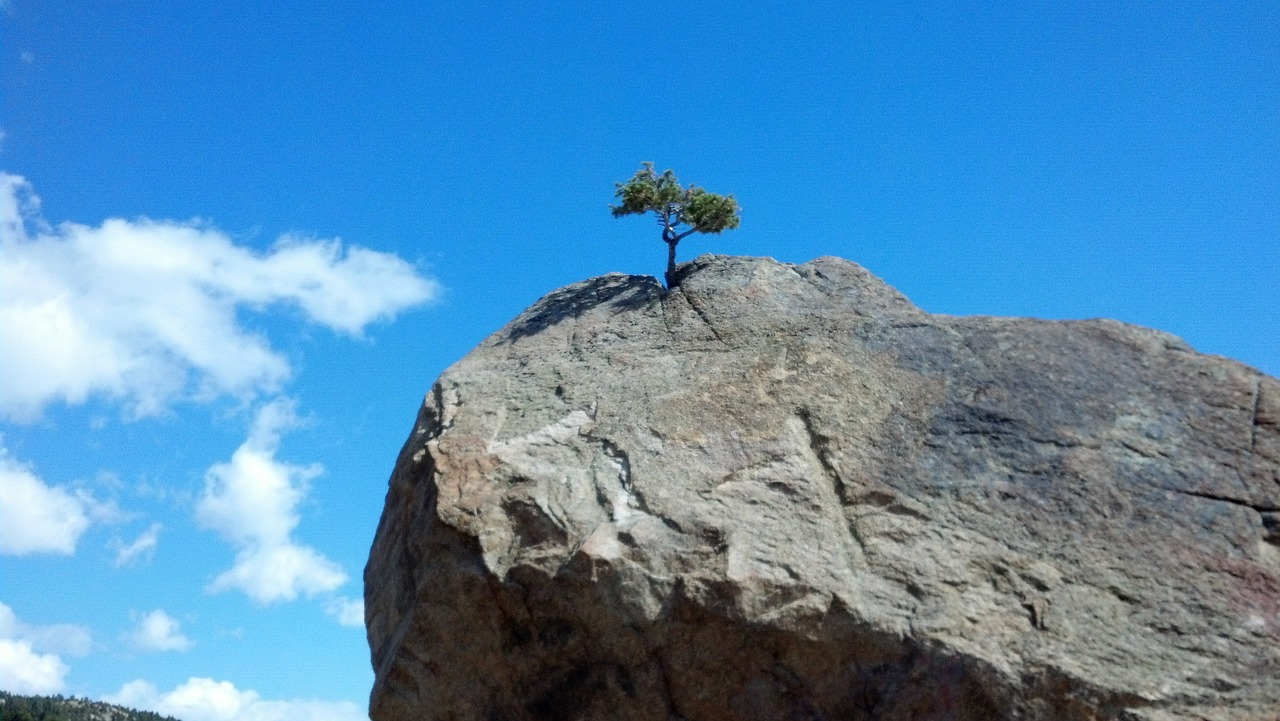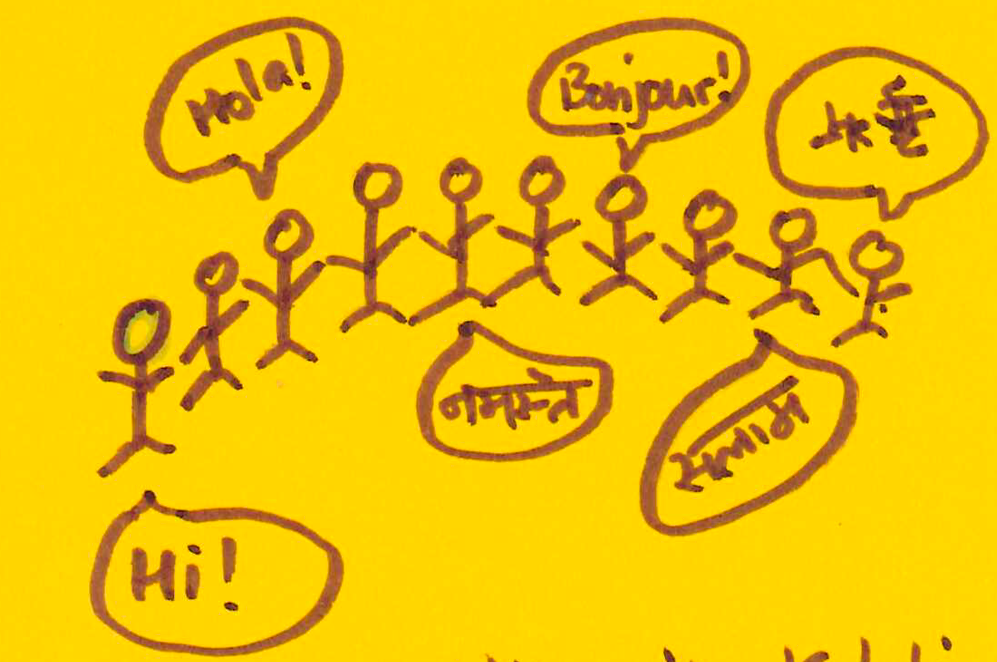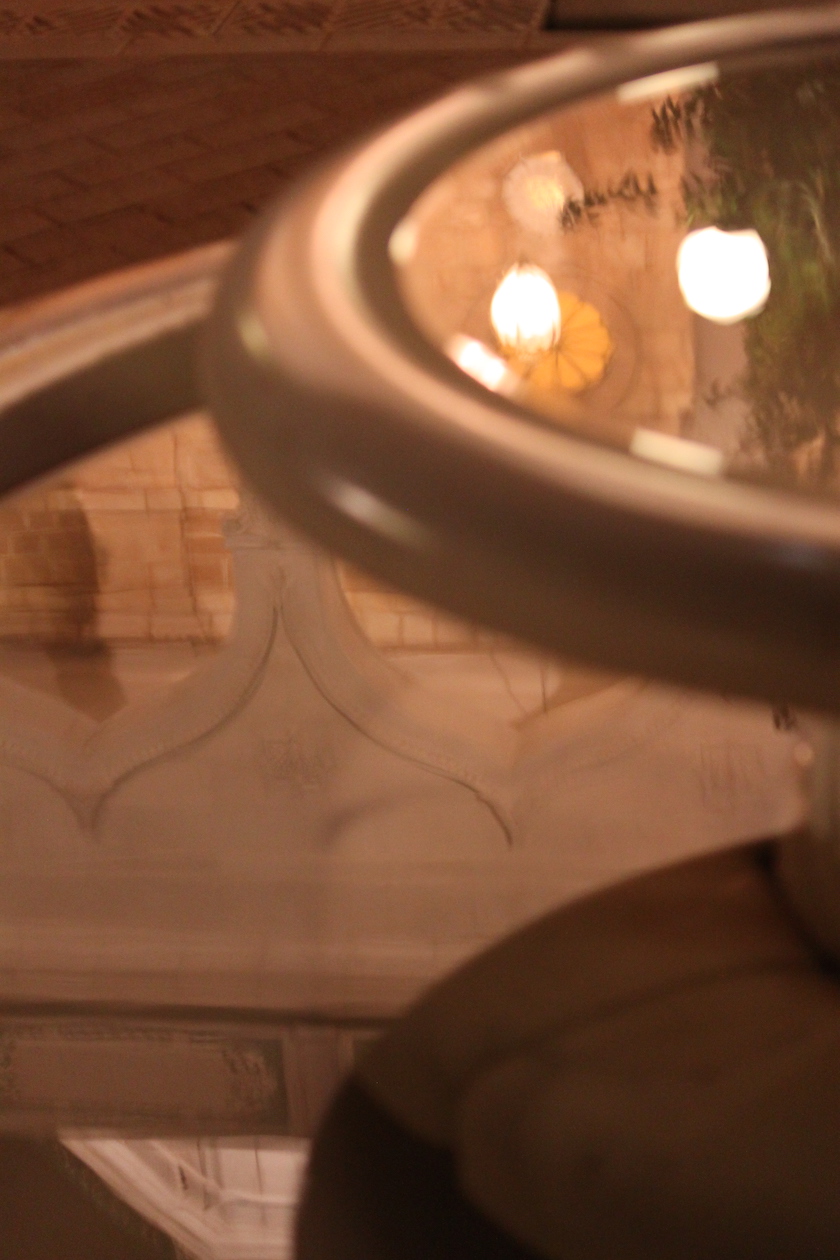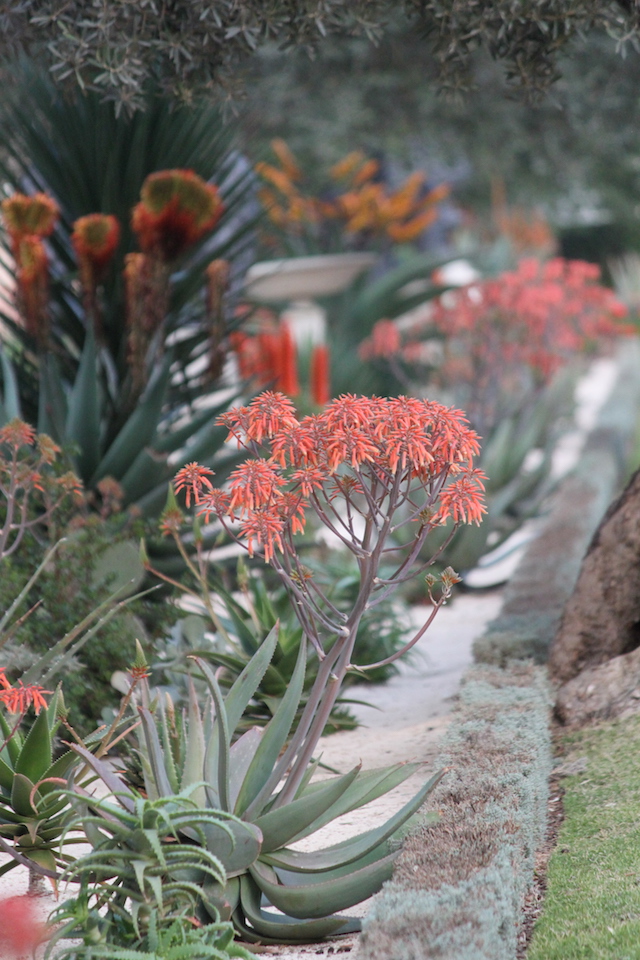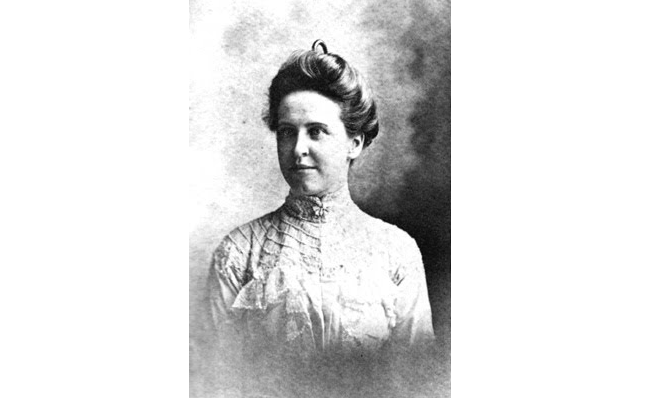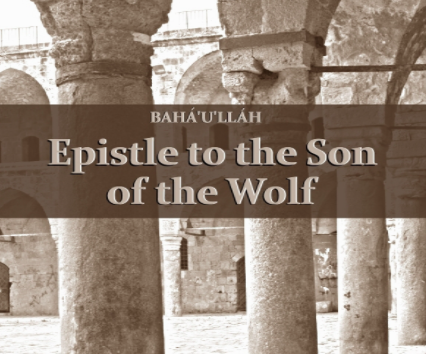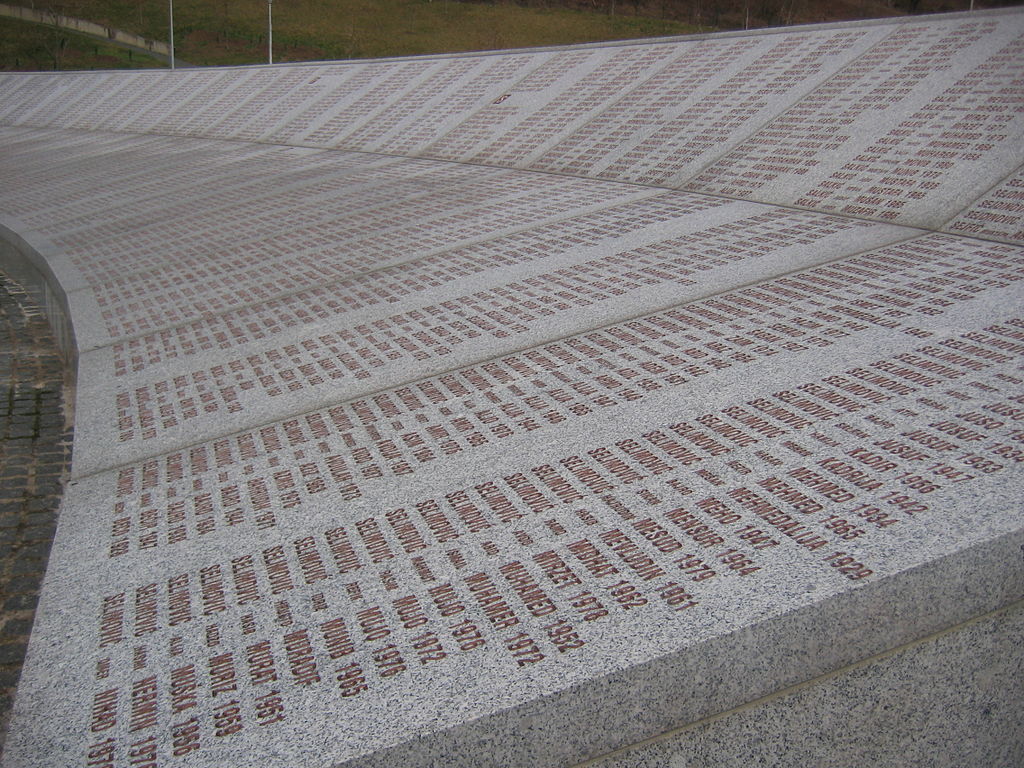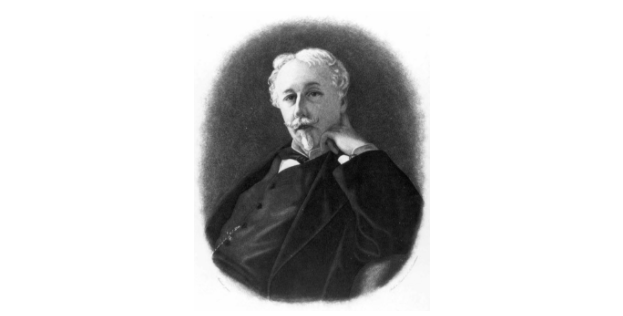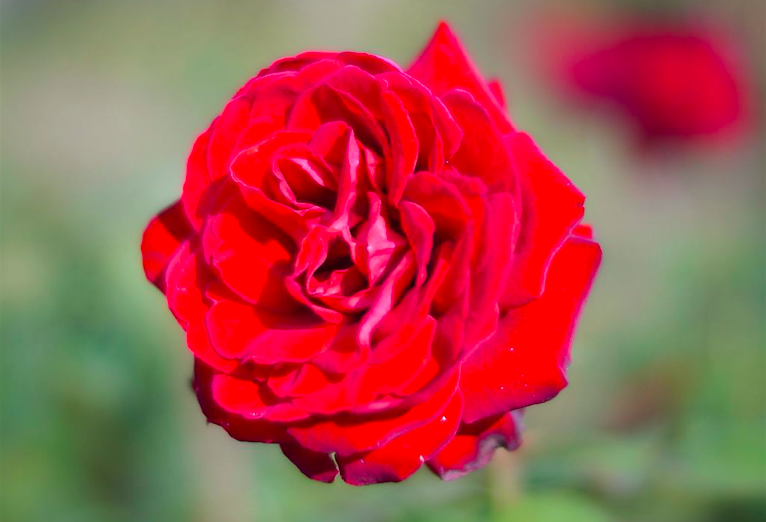-
Courage
Mona Mahmudnizhad’s short life was crowned with courage. It’s not the kind of courage that most us of imagine having. We saw the courage of George Townshend who set out his belief in Baha’u’llah knowing it would deprive him of his livelihood. Lidia Zamenhof also courageously faced death to be with friends and family. Baha’u’llah’s own life was a life of courage – facing decades of suffering for his teachings. not for a moment did I allow Myself to be hidden from the eyes of men, nor did I consent to shield My person from their injury.[1] Although these stories are in an altogether higher league, it is clear that some level of courage…
-
Human Nature: Hidden Gems and Tempered Steel
Bahá’u’lláh often calls us to rise to the positive potential we have within us. The words he uses evoke a rich imagery of human nature. Regard man as a mine rich in gems of inestimable value. Education can, alone, cause it to reveal its treasures, and enable mankind to benefit therefrom.[1] Or here: Thou art even as a finely tempered sword concealed in the darkness of its sheath and its value hidden from the artificer’s knowledge. Wherefore come forth from the sheath of self and desire that thy worth may be made resplendent and manifest unto all the world.[2] Or here: Out of the essence of knowledge I gave thee…
-
Bahá’u’lláh’s Abolition of Slavery
Bahá’u’lláh came to emancipate human beings from slavery. This statement is true in more senses than one. Bahá’u’lláh explicitly institutes an abolition of slavery in his teachings. It is forbidden you to trade in slaves, be they men or women. It is not for him who is himself a servant to buy another of God’s servants, and this hath been prohibited in His Holy Tablet…. Let no man exalt himself above another; all are but bondslaves before the Lord, and all exemplify the truth that there is none other God but Him.[1] He also freed slaves in practice. Bahá’u’lláh was the son of a noble family of Iran. In his early life, the…
-
On the Origin and Nature of Evil
Bahá’u’lláh’s writings emphasize the “better angels” of human nature: our potential for good. This call to rise to the positive potential inherent in us, coupled with avoidance of judgementalism, has shaped a culture of encouragement and mutual support that frames Baha’i community life. Nonetheless, Bahá’u’lláh also discusses the nature of evil. He calls us to a new understanding of what evil is and how it finds expression in the world. Ancient concepts of “demons” and “satan” are explained as symbols of the fallibility of human nature. This reconceptualization demolishes notions of mythic evil beings beyond human control. At the same time, it underlines our individual and collective responsibility to overcome evil in the world. As ‘Abdu’l-Bahá, Bahá’u’lláh’s…
